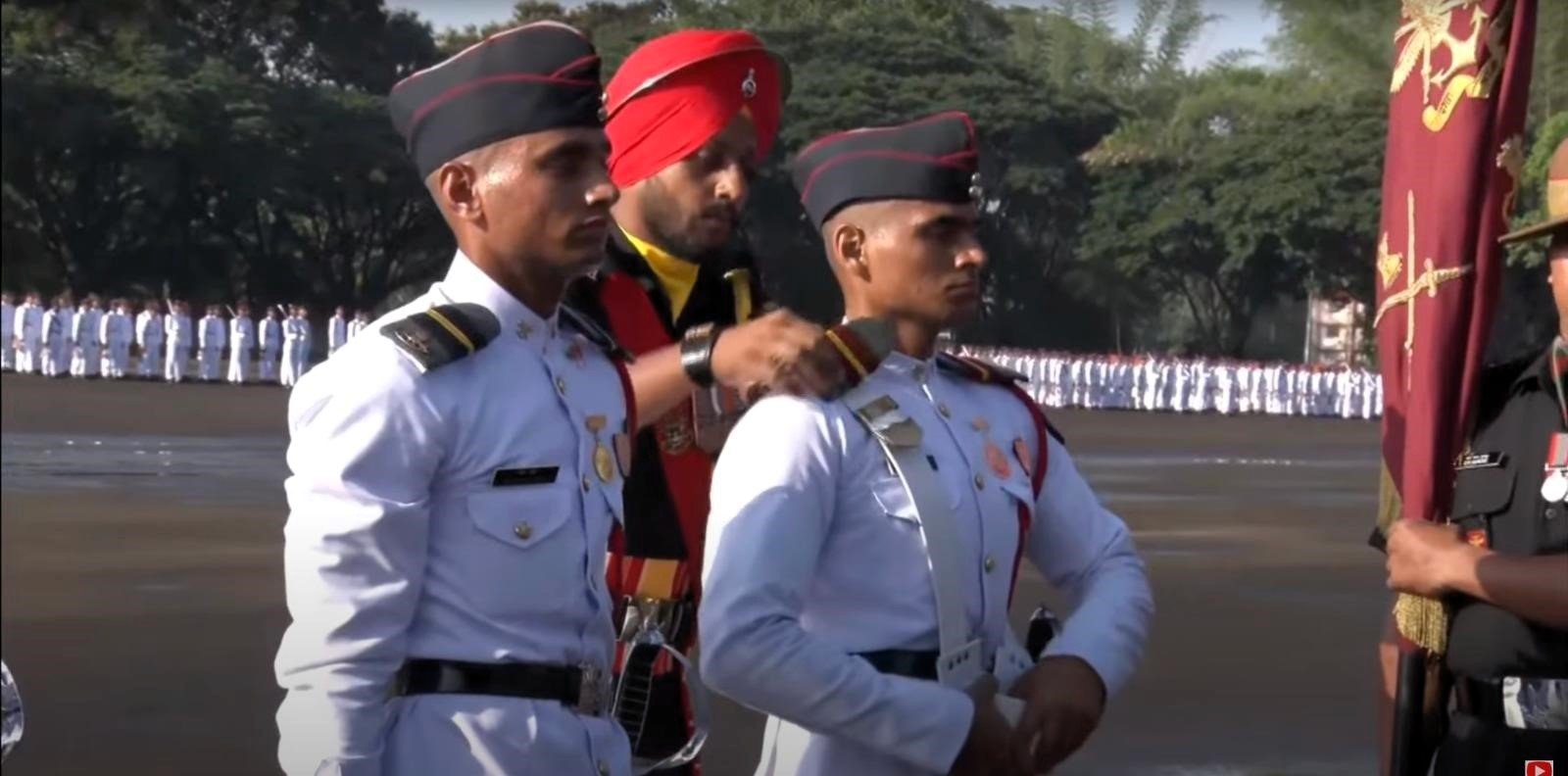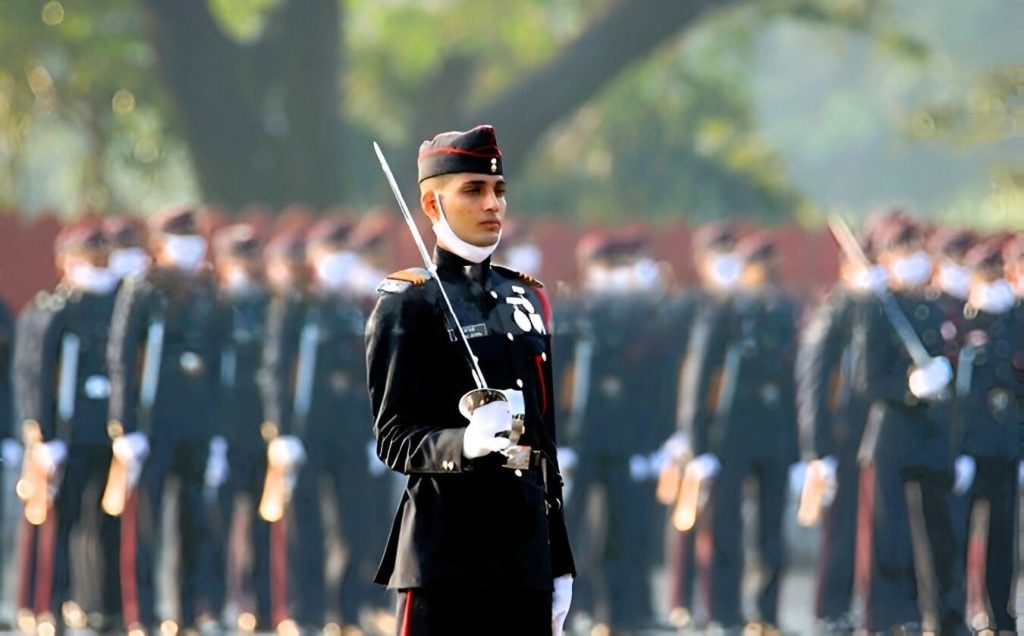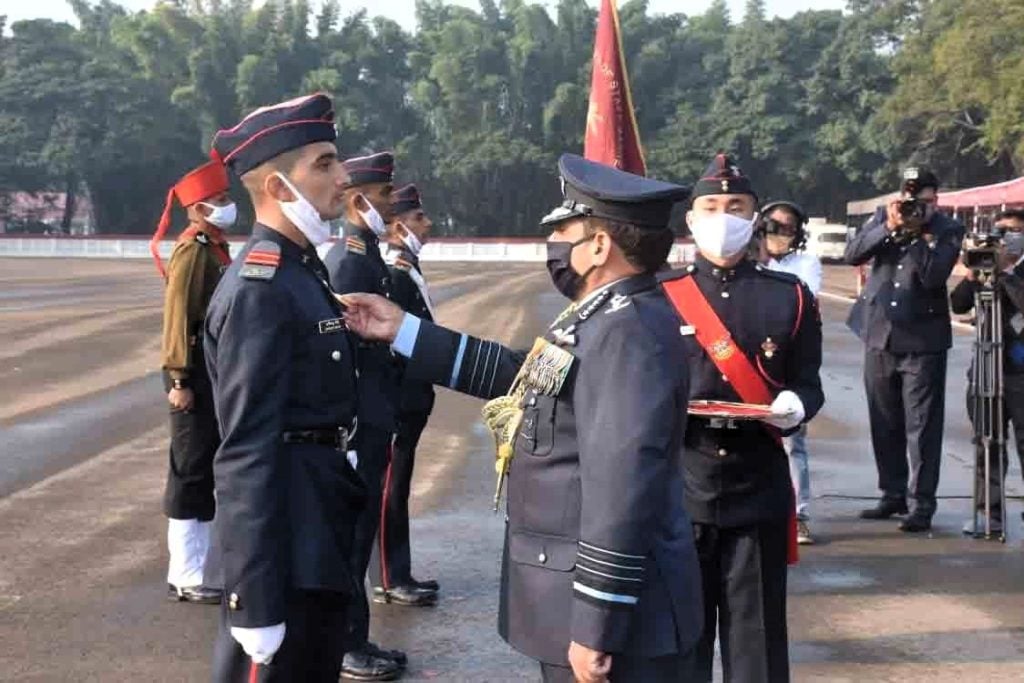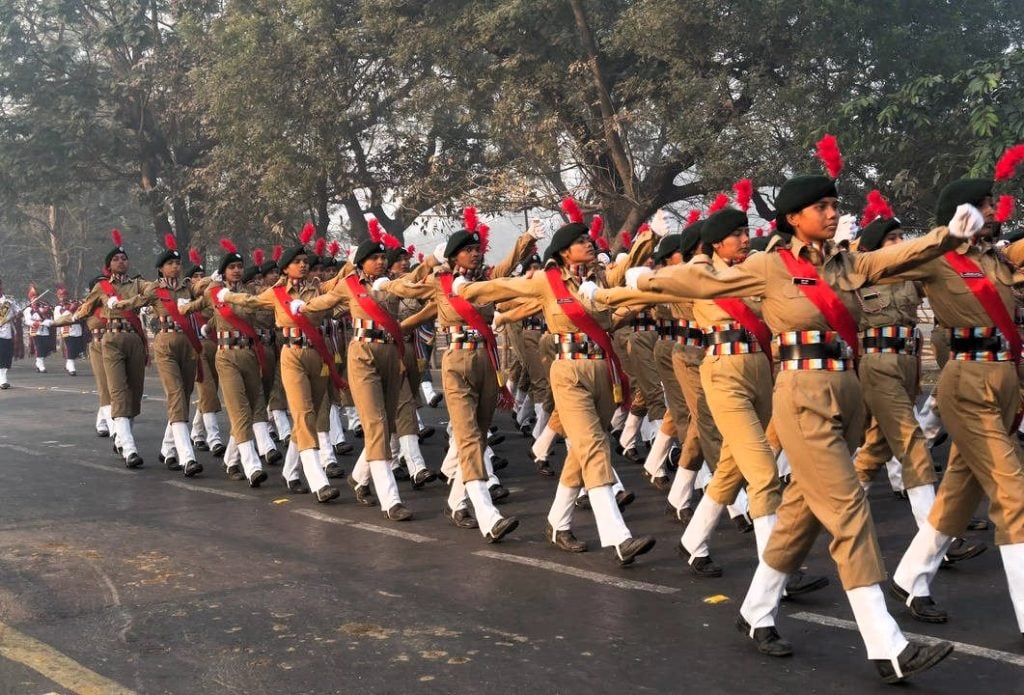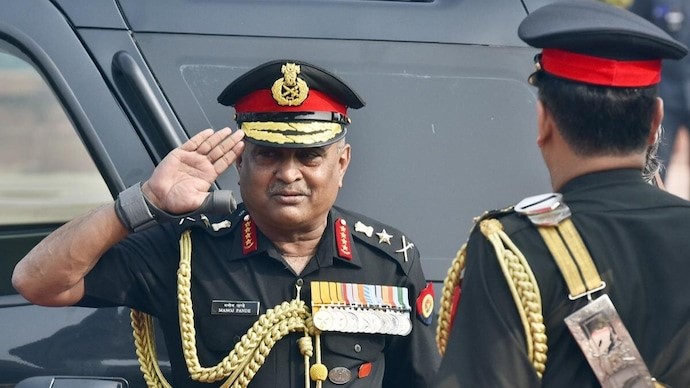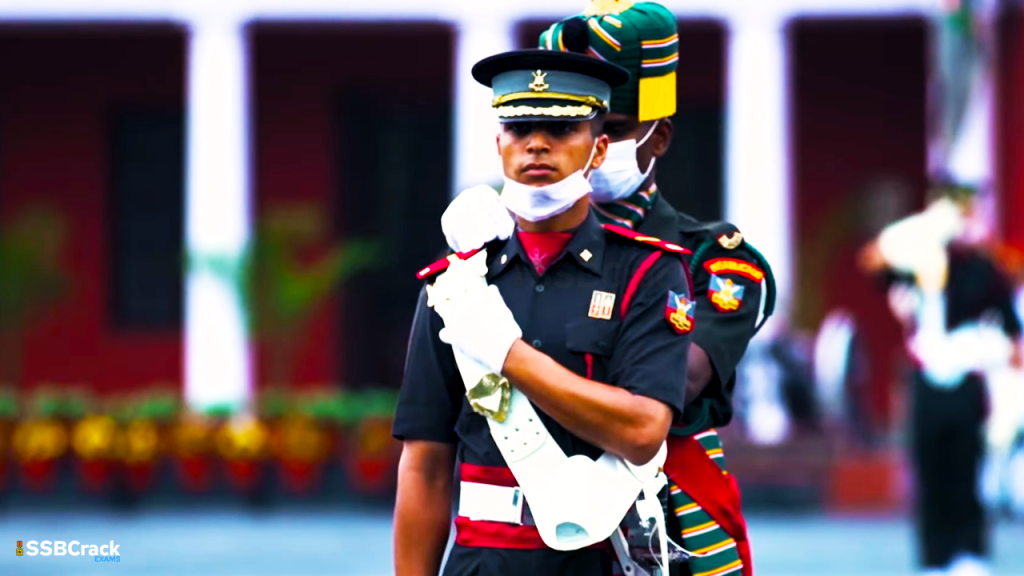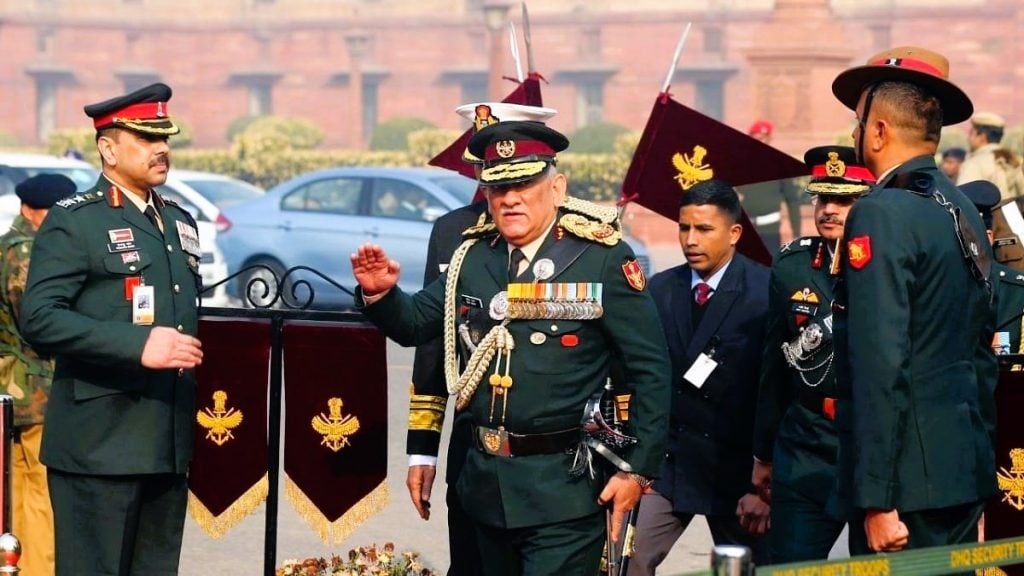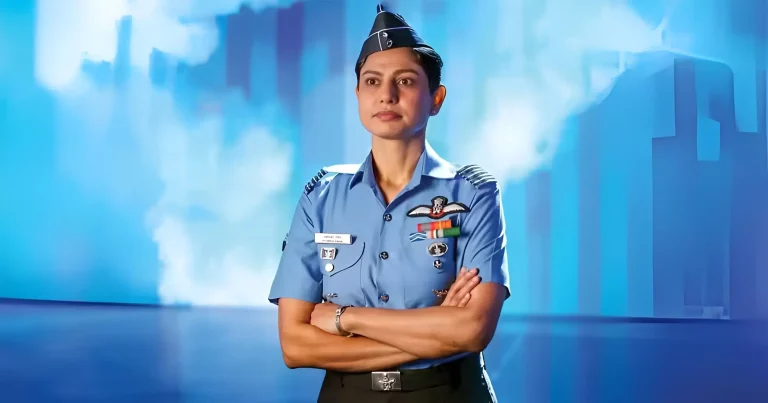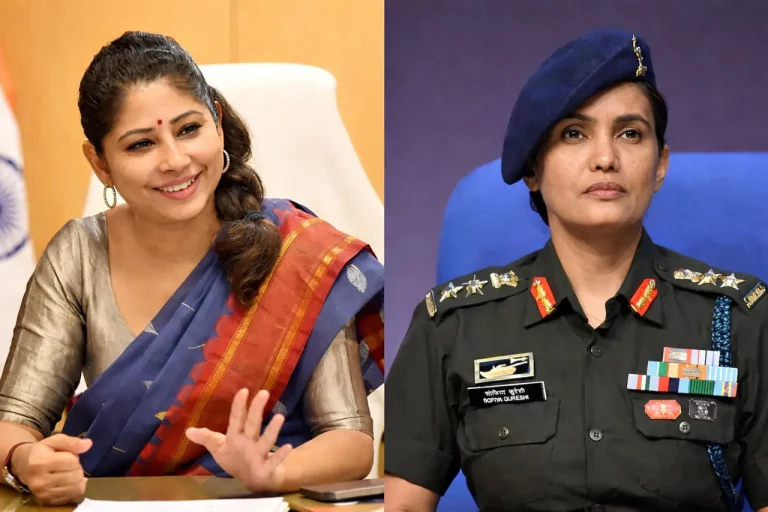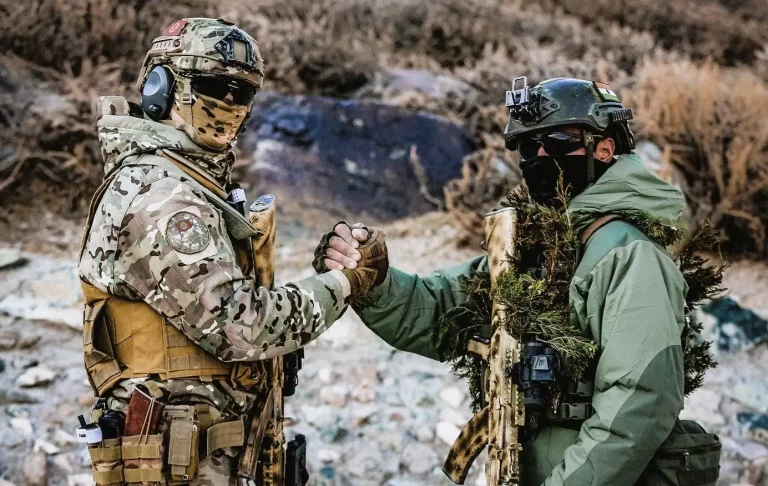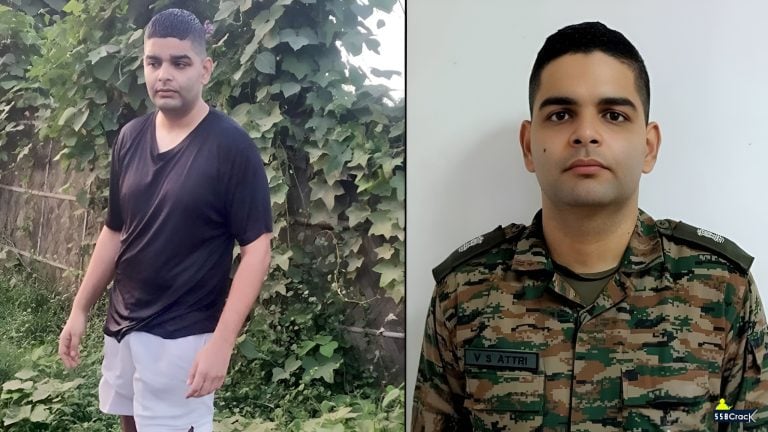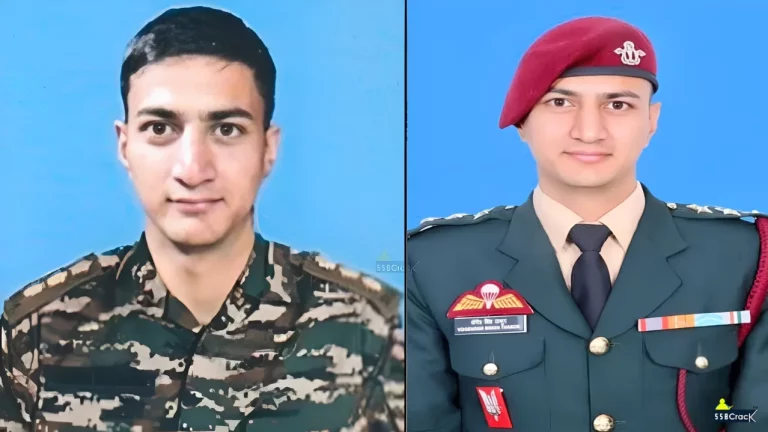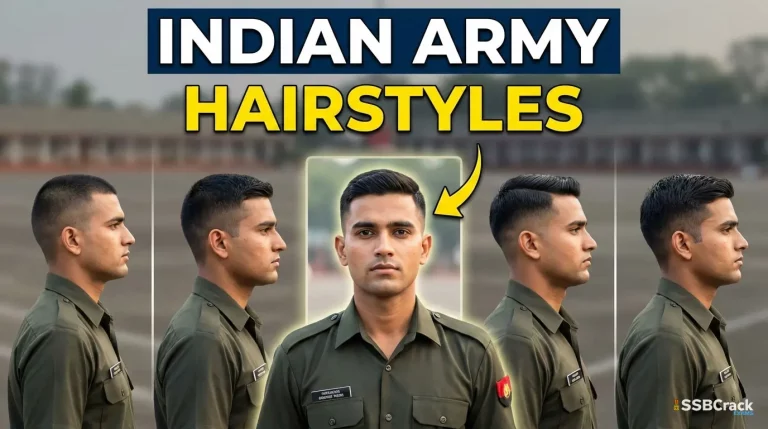Serving as the backbone of any military organization, officers play a pivotal role in leading their troops, ensuring mission success, and upholding the core values of the armed forces. While the path to becoming an officer may seem daunting, the rewards of this esteemed position are unparalleled.
But what exactly sets officers apart from the rest? What are the essential qualities that transform an individual into a complete, well-rounded officer? This article delves into The Essential Qualities of a Complete Officer.
Unwavering Confidence
Confidence is the bedrock upon which an officer’s success is built. A leader who exudes self-assurance is able to inspire their team, make decisive decisions under pressure, and navigate even the most challenging situations with poise. This quality is not innate but rather honed through rigorous training, extensive experience, and a steadfast commitment to personal growth. An officer who lacks confidence will struggle to command the respect and loyalty of their subordinates, ultimately jeopardizing the mission at hand.
Projecting a Commanding Presence
A confident officer carries themselves with an air of authority, commanding attention and respect from those around them. This presence is not merely a matter of physical stature or imposing demeanor, but rather a projection of inner strength, determination, and a deep understanding of one’s role and responsibilities. By embodying this commanding presence, officers are able to inspire their troops, instill a sense of discipline, and foster an environment of trust and camaraderie.
Decisive Decision-Making
In the heat of battle or during high-pressure situations, an officer’s confidence is put to the test. They must be able to quickly analyze the circumstances, weigh the potential risks and rewards, and make decisive decisions that could make the difference between success and failure. This decisiveness, rooted in a strong sense of self-assurance, allows officers to act swiftly and with conviction, guiding their troops through even the most turbulent of times.
Also Read | Inspiration from Valor: Famous Sayings by Indian Soldiers
Unwavering Motivation
Motivation is the driving force that propels officers and their troops forward, fueling their determination to overcome obstacles and achieve their objectives. A motivated officer is able to inspire their team, fostering a shared sense of purpose and a collective will to succeed.
Fostering a Shared Sense of Purpose
By clearly communicating the mission’s importance and the critical role each individual plays in its success, officers are able to cultivate a shared sense of purpose among their troops. This alignment of goals and values not only boosts morale but also instills a deep sense of dedication and commitment, empowering the team to work together seamlessly towards a common objective.
Maintaining Morale and Momentum
Even in the face of adversity, a motivated officer is able to maintain the morale and momentum of their troops, keeping them focused and energized. Through effective communication, strategic encouragement, and leading by example, officers can ensure that their team remains resilient, adaptable, and ready to face any challenge that arises.
Embracing Responsibility
An officer’s role is defined by their willingness to take responsibility for the actions and outcomes of their team. This sense of accountability is a hallmark of true leadership, as it demonstrates a commitment to the well-being of one’s subordinates and the successful execution of the mission.
Accountability for Successes and Failures
When things go right, an officer must be willing to share the credit with their team, acknowledging their hard work and contributions. But when things go wrong, the officer must also be prepared to take full responsibility, using setbacks as opportunities for growth and improvement. This unwavering sense of accountability fosters trust, respect, and a culture of continuous learning and development.
Empowering and Guiding Subordinates
By embracing responsibility, officers are able to empower and guide their subordinates, providing them with the support, resources, and autonomy they need to thrive. This empowerment not only boosts morale and job satisfaction but also cultivates a sense of ownership and investment in the team’s success.
Unwavering Adherence to Rules and Discipline
The military is built upon a foundation of rules, regulations, and disciplinary structures that ensure the smooth and efficient operation of the armed forces. As the embodiment of these principles, officers must demonstrate an unwavering commitment to upholding these standards, both for themselves and their subordinates.
Leading by Example
Officers must first and foremost embody the rules and discipline they expect from their troops. By consistently demonstrating adherence to these principles, officers set the tone for their team and establish themselves as credible, trustworthy leaders.
Enforcing Discipline
While leading by example is crucial, officers must also be prepared to enforce discipline when necessary. This involves clearly communicating expectations, holding subordinates accountable for their actions, and administering appropriate consequences when rules are broken. By maintaining a disciplined environment, officers ensure that their team operates with the efficiency and cohesion required for mission success.
Adaptability and Improvisation
In the dynamic and unpredictable world of military operations, the ability to adapt and improvise is essential. Officers must be able to think on their feet, quickly assess changing circumstances, and adjust their plans and strategies accordingly.
Anticipating and Responding to Challenges
Through their training and experience, officers develop a keen awareness of potential challenges and threats. This allows them to anticipate obstacles and develop contingency plans, ensuring that their team is prepared to respond effectively when unforeseen events arise.
Leveraging Resources and Opportunities
By maintaining a calm, analytical mindset, officers are able to identify and capitalize on available resources and unexpected opportunities, even in the midst of chaos. This agility and resourcefulness enable them to find creative solutions to complex problems, empowering their team to achieve their objectives despite the challenges they face.
Also Read | 6 Intense Military Training Drills To Break The Best Soldiers
Effective Communication and Command
At the heart of an officer’s role is the ability to effectively communicate with their troops, convey orders and instructions, and exercise command over the team. This communication must be clear, concise, and tailored to the specific needs and dynamics of the unit.
Giving Clear and Decisive Orders
When issuing orders, officers must be unambiguous and authoritative, leaving no room for misinterpretation or hesitation. This clarity of communication ensures that their troops understand their roles and responsibilities, allowing them to execute their tasks with precision and efficiency.
Fostering Open Dialogue and Feedback
While officers must maintain a level of authority, they must also be approachable and open to feedback from their subordinates. By encouraging open dialogue and actively listening to their team’s concerns and suggestions, officers can foster a culture of trust, collaboration, and continuous improvement.
Unwavering Commitment to Time Management
In the fast-paced world of military operations, time is a precious and non-retrievable resource. Officers must demonstrate an unwavering commitment to time management, ensuring that their team operates with the utmost efficiency and punctuality.
Punctuality and Timeliness
Officers must lead by example, consistently demonstrating punctuality and timeliness in their own actions. This sets the standard for their troops, reinforcing the importance of adhering to schedules, deadlines, and timetables.
Effective Planning and Prioritization
By meticulously planning their team’s activities and prioritizing tasks based on their urgency and importance, officers can maximize the use of available time, minimizing delays and ensuring that critical objectives are achieved.
Maintaining Mental Stability and Emotional Intelligence
The demands of military service can be physically and mentally taxing, placing officers under immense pressure and stress. To effectively lead their troops, officers must possess a high degree of mental stability and emotional intelligence.
Emotional Regulation and Self-Awareness
Officers must be able to recognize and manage their own emotions, preventing them from interfering with their decision-making or negatively impacting their team. By cultivating self-awareness and emotional regulation, officers can maintain a calm, composed demeanor even in the face of adversity.
Empathy and Interpersonal Skills
In addition to managing their own emotions, officers must also be able to understand and empathize with the emotional states of their subordinates. This emotional intelligence allows them to provide appropriate support, motivation, and guidance, fostering a positive and cohesive team dynamic.
The Power of Command and Obedience
At the core of an officer’s role is the ability to command their troops and ensure their obedience. This delicate balance of authority and trust is essential for the successful execution of military operations.
Commanding with Respect and Authority
Officers must command their troops with a combination of respect and authority. This involves clearly communicating their expectations, delegating tasks effectively, and demonstrating a genuine concern for the well-being and success of their team.
Cultivating Obedience and Loyalty
In turn, officers must earn the obedience and loyalty of their subordinates through their actions and leadership. By consistently demonstrating their competence, integrity, and commitment to the mission, officers can inspire their troops to follow their orders without hesitation.
The Importance of Continuous Learning and Adaptation
The world of military operations is constantly evolving, with new challenges, technologies, and strategies emerging on a regular basis. To remain effective, officers must embrace a mindset of continuous learning and adaptation.
Staying Informed and Seeking Feedback
Officers must actively seek out opportunities to expand their knowledge and skills, staying informed about the latest developments in their field and seeking feedback from their superiors, peers, and subordinates.
Adapting to Change and Embracing Innovation
By maintaining an open and flexible mindset, officers can adapt to changing circumstances and embrace innovative approaches to problem-solving. This agility and willingness to learn and grow are essential for officers who aspire to lead their troops to success in the ever-evolving landscape of military operations.
The Hallmarks of an Exceptional Officer
In the end, the qualities that define a complete, well-rounded officer are not merely a checklist of traits, but rather a holistic integration of skills, values, and behaviors that shape the individual into a respected, trusted, and effective leader.
Unwavering Commitment to the Mission and the Team
At the core of an exceptional officer’s identity is an unwavering commitment to the mission and the well-being of their team. They understand that their role is not one of personal glory, but rather a responsibility to serve their country and their subordinates with the utmost dedication and integrity.
Embodying the Highest Standards of Professionalism
Exceptional officers embody the highest standards of professionalism, consistently demonstrating their expertise, decision-making abilities, and adherence to the rules and discipline of the armed forces. They set the bar for their troops, inspiring them to strive for excellence in all that they do.
Inspiring Loyalty, Respect, and Trust
Through their actions, decisions, and leadership, exceptional officers earn the loyalty, respect, and trust of their subordinates. Their troops follow them not out of fear or obligation, but out of a deep-seated belief in their abilities and a shared commitment to the mission.
By cultivating these essential qualities, officers can transform themselves into the complete, well-rounded leaders that the armed forces require to achieve mission success and maintain the integrity of the military institution. It is this unwavering dedication to personal and professional growth that distinguishes the exceptional officer from the rest.
Also Read | 10 Travel Tips from Military Brats You Should Know
Conclusion
The path to becoming a complete, well-rounded officer is paved with a commitment to personal and professional development, a deep understanding of the responsibilities and challenges of military leadership, and a steadfast dedication to the mission and the well-being of one’s troops. By embodying the essential qualities of confidence, motivation, responsibility, discipline, adaptability, communication, time management, and mental stability, officers can rise to the occasion and lead their teams to victory, even in the face of the most daunting obstacles.
As the backbone of the armed forces, officers play a vital role in shaping the future of military operations and upholding the core values that define the profession of arms. It is through the cultivation of these essential qualities that officers can truly become the complete, well-rounded leaders that their troops and their country need.
FAQs
1. What are the qualities of a good officer?
OLQs are crucial as they encompass qualities such as leadership, effective communication, problem-solving, adaptability, teamwork, decisiveness, courage, determination, discipline, and a strong sense of responsibility.
2. What are officer like qualities?
This refers to the capability to adapt to various social situations and collaborate effectively with others. It encompasses flexibility in different environments, as well as teamwork and cooperation. Being able to adjust to diverse circumstances is essential for fostering harmonious relationships and achieving common goals in any group setting.
3. How should an officer behave?
Social Adjustment: The ability to adapt to one’s social environment and interact effectively with various people and groups, including superiors, peers, and subordinates. Attitude Towards Others: The capacity to empathize with others by understanding their challenges, which allows for providing appropriate assistance.
4. What is an officer role?
Leading meetings. Assisting the committee in collaborating effectively as a team. Maintaining an overall perspective on the group’s activities. Serving as the primary point of contact for the group.
5. How do you motivate an officer?
Officers who feel valued and appreciated are more likely to remain dedicated to their roles. Departments can implement various recognition strategies, including awards, promotions, and public acknowledgment. Furthermore, providing incentives like bonuses or additional time off can encourage officers to excel in their performance.
